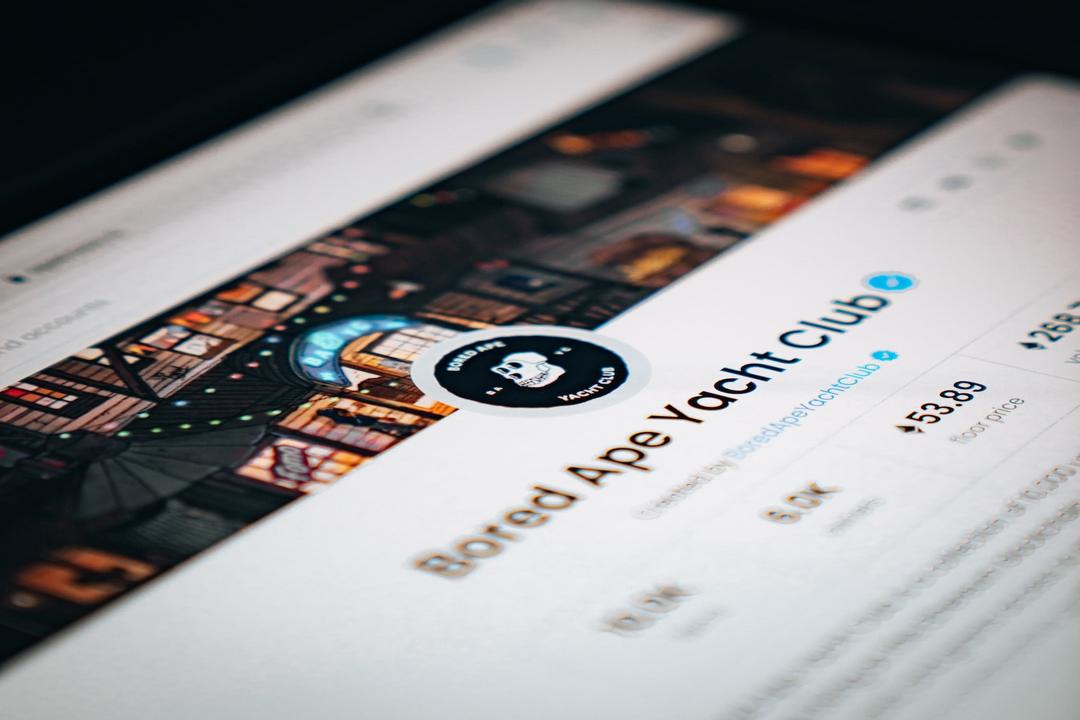Music, known as a universal language that connects people from different backgrounds and cultures, has always been open to embracing new technologies that enhance creativity and accessibility. In recent years, we have witnessed the integration of blockchain technology, cryptocurrencies, and artificial intelligence (AI) into the music industry.
One platform that has been leading the convergence of Web3 and music is Audius. Since 2018, Audius has gained recognition from mainstream artists like deadmau5 and Skrillex and their fans. It has become a gateway to the next phase of digital integration.
Cointelegraph had the opportunity to speak with Audius co-founders Roneil Rumburg and Forrest Browning to gain insights into how the future of music can be decentralized, community-focused, and AI-friendly all at once.
When it comes to adoption, Browning explained that while the crypto and Web3 space has been niche, music is widespread. Audius approached this by prioritizing engineering and product perspectives that hide the more complex aspects of Web3, making it user-friendly for those who may not be familiar with it. Users have the freedom to choose how much they want to engage with the underlying Web3 features.
Browning stated, “If you want to start to pull back the onion and get into kind of wallet addresses and sending around crypto or sending tips, you can do all that. But if your primary use case is to use it like a normal Web2 streaming service and listen to your favorite artists, all those Web2 mainstream mechanisms are there.”
In contrast to developers in the Web3 space struggling to attract a wider user base, music naturally allows for broader adoption due to its familiar features like streaming and fan engagement. This familiarity creates an inflow of users who may not be crypto-natives but are interested in the music experience.
Audius introduced NFT-gating to its platform in March 2023, allowing artists to make certain songs and mixes accessible only to fans who own a specific NFT. Despite the decline in the overall NFT market, Rumburg emphasized that the utility of NFTs in the music industry differs from general market trends. Audius focuses on artists and fans rather than solely catering to speculators.
Browning mentioned that over time, the Audius community began pushing for more than just an engagement platform, leading to the development of a marketplace, aligning with their original vision.
In response to the emergence of generative AI tools, Audius implemented a feature that enables artists to display an “AI friendly” label on their profiles. This label informs fans that they can train AI models on the artist’s work. The aim is to empower artists and encourage innovation while maintaining a strong moral and legal standpoint.
Audius is at the forefront of revolutionizing the music industry by embracing Web3 technologies, fostering a community-driven platform, and integrating AI in a way that empowers artists. The future of music looks promising as it continues to evolve and adapt to new advancements.

